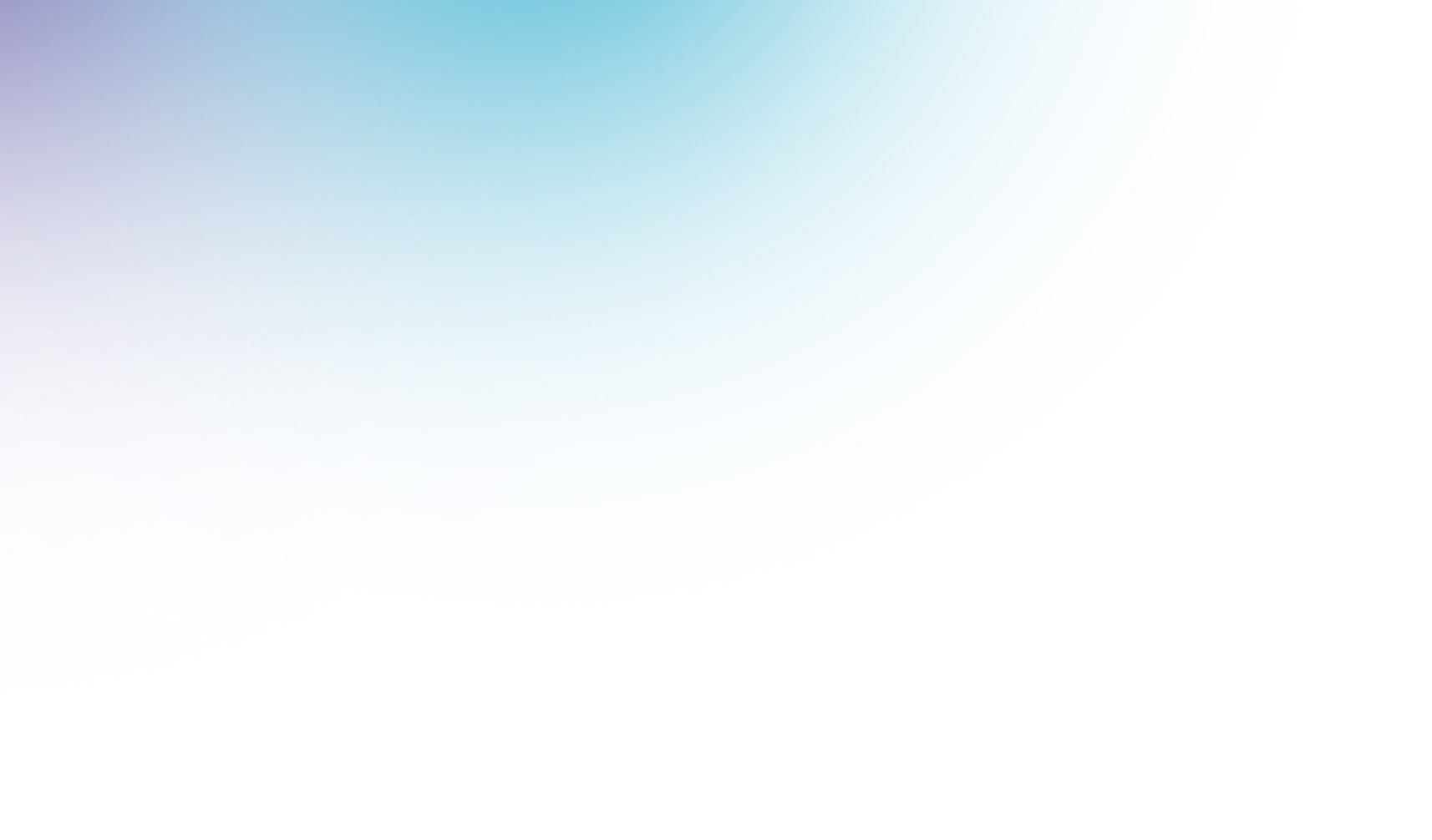

CELEBRATING NATIONAL CANCER SURVIVORS DAY
Today we celebrate National Cancer Survivors Day. As we honor the lives of those who have battled cancer, we recognize the impact a cancer diagnosis has on the entire care circle — in some cases, inspiring those people to make impactful change in the lives of future patients. This piece shares the stories of just two in a sea of individuals who have confronted and beaten cancer.
Jen, an emergency room nurse for 15 years, still remembers vividly the day she was diagnosed with nasopharyngeal carcinoma. “As soon as [the doctor] put the scope in my nose… his entire face changed. And, it was at that moment, I knew I had cancer.” From that moment on, it was a non-stop road to recovery — assembling her care team, Jen worked tirelessly to research her condition, go to her treatment, and deal with its grueling side effects. Jen continued, “I didn’t tell anyone [when I was first diagnosed]. I went straight into nurse mode… I wanted to know all the data. How do we treat it? How do we beat it? I wanted to know the survival rates. I wanted to know everything. I couldn’t get in my feelings about it — I went straight into ‘what do I need to do next’… straight into fight mode.”

Shoby tells a similar story when her brother, Yadev, was diagnosed with Acute Lymphoblastic Leukemia (ALL) when he was one year old. “I still remember the moment the results were being [shared with] my mother. I was just outside of the room playing with the toys provided by the hospital… something didn’t seem right as the doctors had a somber look on their faces. It wasn’t until they had left the room that I went in to find my mum crying in hysterics and explaining it over the phone to my family.” Being nine years old at the time, she had only heard the word cancer in association with the word death, so she “instantly thought of the worst case scenario — that my brother would only have a matter of time to live.”
Shoby’s mother, Jan, noted, “When [the doctors] left the room I hugged my baby so tightly and cried with my tears dripping all over his baby gown. I was so terrified that my child was going to die and I could not do anything about it. I realized at this point that I need[ed] to get a grip and deal with this head on. Coming from a big Asian family who are extremely tight knit, I called my family and my cousins. Within moments, all of them were at the hospital and my family overtook the ward.”
Common Challenges Faced by Families Affected by Cancer
Studies have shown that patients face many challenges while managing a cancer diagnosis, including financial, social, communication, and logistical barriers.1 In one study, researchers found that problems with medical communication and lack of social support affected 50% of the patients.1 Such examples include reluctance to ask questions or share problems with the medical team.1
These barriers were also experienced by both Jen’s and Shoby’s families. Jen describes how her cancer case was unique and required a tremendous amount of her time and self-advocacy. “One of the biggest challenges during treatment was navigating the process. While I was ok because I’m a nurse, other people might not be,” said Jen. “For somebody who doesn’t know anything about health care, I can imagine them getting so lost and so overwhelmed in the system.”
The Need for Educational Resources and Support
Shoby also expressed feeling lost and confused, explaining that her brother’s diagnosis was not explained to her in a way she could understand. “Although I can vaguely remember the doctors trying to explain what was wrong with my brother, my understanding of his cancer was that it was blood related, as it was all too technical for me at the time. I thought that his blood was poisonous. It wasn’t until my aunt Sindy… gave me a book with Medikidz characters explaining Leukemia that I got a better understanding of what the cancer was.” When asked what resources she wished she had when her son was diagnosed, Jan said, “I wish that there were some simple books or pamphlets I could have been given to know about the disease, books to explain to my daughter what her brother was going through and what she should be expecting.”
In addition to the communication and logistical challenges they faced, their stories also highlighted how a cancer diagnosis not only affects the patient, but the entire care circle. Jan expressed the guilt over her son’s diagnosis, “I felt as though I was the cause of his sickness and that my genetics contributed to his disease. I questioned whether I could have done something to avoid this — was it because I heated his milk in the microwave? Was it because I didn’t feed him the right foods? For my daughter [Shoby, who was attending school], I could not focus on her and her homework.” Shoby explained, “I think the biggest challenge for me as a kid during the time was feeling lonely. At the time, I felt as though my brother always got all the attention and I felt left out, I wouldn’t have anyone attend my school plays, or drop me off on my school trips.”
Jen also noted how her cancer required non-stop support from her family — taking her to all her appointments, setting up a fundraiser to help with costs, and having her sister sleep in her room every night to make sure she was okay. “I would have never survived without that support,” Jen said.

The Road Ahead
The stories of Jen, Shoby, and Jan all speak to how a cancer diagnosis marks one’s life, and how the impact can be the catalyst of change. At Jumo Health, many of the team members have a personal medical story that led them to the field of health care. In fact, for two team members, it was a family cancer diagnosis that led them to careers in health care. For Kevin Aniskovich, President and CEO of Jumo Health, he started his career in health care when his mother was diagnosed with cancer. For Sindy Nathan, Area Vice President of Strategic Solutions, it was her family (Shoby, Yadev, and Jan) that inspired her career trajectory — making her want to bridge the communication gap and provide resources that explain medical conditions in a way the entire family could understand. For Shoby, the frequent trips to the hospital during her brother’s treatment and seeing the work the doctors did to save her brother’s life inspired her to give back. She is currently studying to get her Masters in Global Health. “I feel as though it is my way of giving back to the community,” she said.
When asked about what they would recommend to other people affected by cancer, they spoke to the need for support and talking with other people with cancer. As Jen said, “[Patients with cancer] are literally the only people on planet earth that know what you are or are about to go through. Not the doctors, not your friends, not your family, not your therapist, not your coworkers. Other cancer patients — those people will be your best ally.”
So today, we celebrate the lives of those who have been affected by cancer, recognizing their stories of triumph, loss, perseverance, and resilience. Thank you to Jen, Shoby, and Jan who fearlessly shared their stories so that others going through a similar circumstance can know they are not alone.
It’s stories like these that led to the founding of Jumo Health and that keep us striving to provide authentic, relatable resources during the most pressing times. At Jumo Health, we provide age appropriate educational resources for patients and their care circle for use throughout their medical journey. We work to ensure that regardless of age, educational attainment, or socio-economic status, patients and their entire care circle can understand and act upon a medical diagnosis and treatment plan. To learn more about our solutions, visit jumohealth.com/solutions. Find more information about our Oncology resources, here.
Source:
1. Harden S et al. Patients’ barriers to receipt of cancer care, and factors associated with needing more assistance from a patient navigator. J Natl Med Assoc. 2011; 103(8):701–710.
Jumo Health develops age-appropriate, culturally relevant, and relatable educational resources for patients and caregivers. We have experience serving diverse populations, covering more than 160 health topics across 80+ countries in 120+ languages. Our various digital, video, and print offerings use highly visual elements and research-backed health literacy strategies to ensure that everyone can understand and act upon complex medical information. We do this through familiar mediums – from comic books and animation, to virtual reality experiences and authentic documentary-style patient stories – all customized based on audience. Jumo Health collaborates globally with more than 180 advocacy groups and community organizations to promote access and to ensure unique patient experiences are accurately represented.

